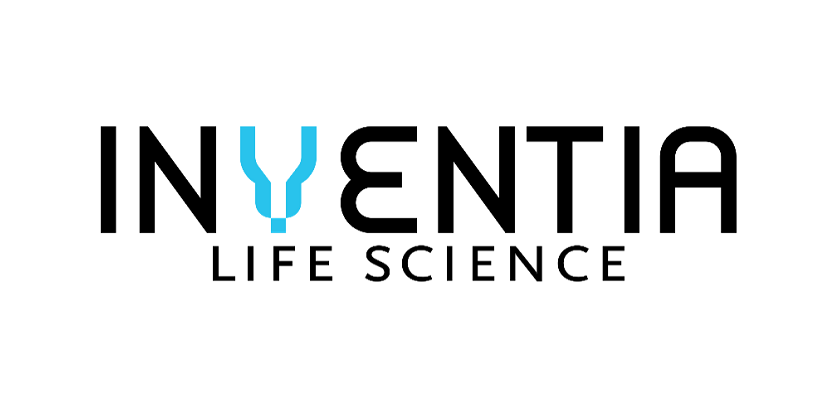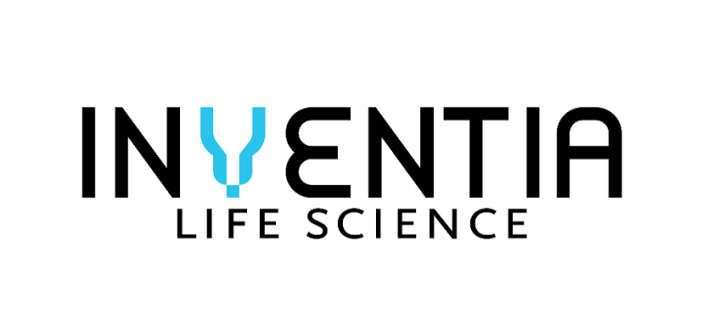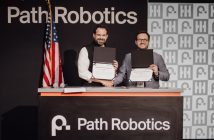
The Peter MacCallum Cancer Centre is taking delivery of an innovative Australian 3D bio-printing platform capable of turbocharging cancer research, the first such model to be used anywhere in the world.
Inventia’s 3D bio-printing platform, RASTRUM, allows scientists to print mini three-dimensional tissues that mimic the human body, at unprecedented scale and speed. This replaces a time-consuming and manual process, and will dramatically expand capacity for research and drug development in realistic models. It is expected to accelerate the discovery of potential new treatments, and have a profound impact on cancer research.
RASTRUM is a unique collaboration of Australian science and engineering, powered by support from the Commonwealth Government, NSW Government and the University of NSW.
RASTRUM differs from other bio-printers by using ‘drop-on-demand’ technology, akin to an inkjet printer. It can produce 1,000 three-dimensional cell models in less than six hours, a feat that would take more than 50 hours using current manual techniques.
Inventia’s platform technology has the potential to accelerate medical discoveries and to bolster personalised medicine and regenerative therapies. Over time, it could print skin, bone and other tissue to replace damaged body parts. It could be used treat serious burns or replace a torn knee meniscus, for example.
The Victorian Centre for Functional Genomics (VCFG), based at the Peter MacCallum Cancer Centre in Melbourne, is the first lab to install the RASTRUM system.
“This is a novel and exciting platform for cancer research,” says Associate Professor Kaylene Simpson, who is Head of the VCFG at Peter Mac.
“The ability to create realistic three-dimensional cell models through an automated and scalable process will vastly accelerate our research progress and advance therapeutic target discovery.
“We have a very clear vision for the clinical applications of this technology.”
Inventia arose from an academic/commercial partnership, with the platform developed in collaboration with UNSW Professors Justin Gooding and Maria Kavallaris, and supported by federal funding. The printer itself was developed by Inventia’s own engineers.
“Our collaboration with Peter MacCallum Cancer Centre provides a powerful opportunity to drive progress in cancer research,” said Dr Julio Ribeiro, CEO of Inventia Life Sciences.
“This installation will seriously accelerate the creation of three-dimensional tissues allowing researchers high throughput, to drive discovery-based cancer research.
“This is a unique collaboration of Australian science, research and innovation and I wish to thank Peter MacCallum Cancer Centre for sharing our vision.”
Inventia recently won Series A investment support, raising $10 million from Scott Farquhar’s investment firm, Skip Capital, Luca Belgiorno-Nettis through Prisma, Blackbird, AirTree Ventures, and the CSIRO venture arm Main Sequence Ventures.






